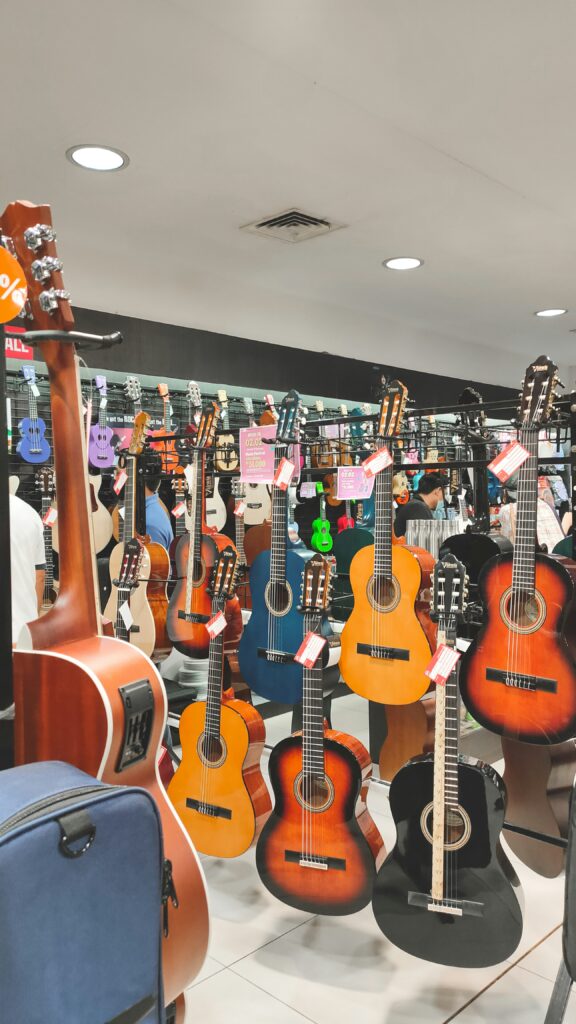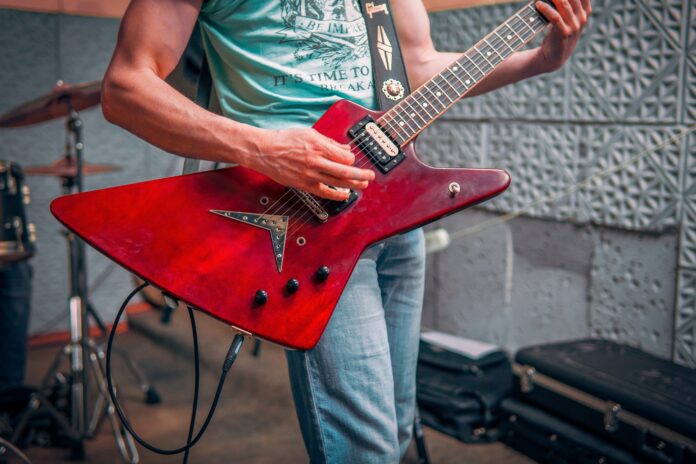Welcome back, dear readers! As I was scrolling through Facebook Marketplace the other day to check out some used guitars and gears, I found out that most of the guitars listed were bought quite recently.
These guitars were either 3 months or just a few weeks old. So the question arises, why are people selling their guitars so soon? Did they make a wrong purchase decision based on impulse? or do they not have the time anymore to pursue the hobby?
Let’s deep dive into this peculiar topic and try to solve the questions around it.
Assuming people have serious financial problems, are moving to a new city, or gave up midway, we will exclude them from this discussion.
Guitar woods are getting rare
As you know, due to rapid deforestation to fulfill the growing demand for wood across the globe, we are rapidly running out of “traditional woods” that were once used for making guitars.
Woods like mahogany, basswood, alder, and ash are becoming more of a premium range of wood and manufacturers are slowly shifting to more available wood types like poplar, jatoba, and walnut to cater to their affordable range of guitars.
Even rosewood fretboards are now considered a premium option for most guitars.

Inflation and Rarity
If you have a slight idea about how an economy works, then you are familiar with the concept of inflation. The same models which cost way below $100 or around INR 10,000 a few years back are now under $150 or INR 18000.

Your guitar has more value than you think…
In continuation to the previous point, your existing guitar is far more durable and holds more value than its current version.
There is a high chance that your guitar is currently being manufactured using cheaper wood and electronics.
For example, the Cort CR 100 model which was once available in mahogany body and rosewood fingerboard is now made with poplar and jatoba and costs double the amount in just 5 years.
The beginner guitar market
Nowadays most legacy guitar brands like Fender and Gibson have stopped manufacturing their instruments outside the US or Mexico.
The affordable versions like Squier and Epiphone are now heavily manufactured either in Indonesia or China to cater to the evergrowing market of beginner guitarists.
Thus, most of the high-quality guitars made in Japan, Mexico, or the US are now under the custom shop category or are in the hands of older guitar players who bought them dirt cheap a few decades ago.
This means that the exclusivity of your instrument is far more than its latest counterpart.

Conclusion
As guitars are getting more expensive to manufacture for several reasons, manufacturers are now looking for cheaper alternatives to cut costs and cater to the beginner markets.
Therefore, if you have a vintage guitar lying around in your home, hang on it tight and keep it as an investment which will help you financially when you need it.
Furthermore, if you are keen on selling your guitar, make sure to do a thorough comparison between yours and its current variant to find the differences and leverage them while selling.





